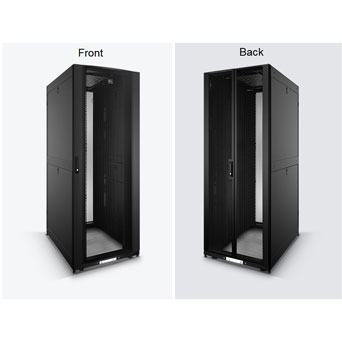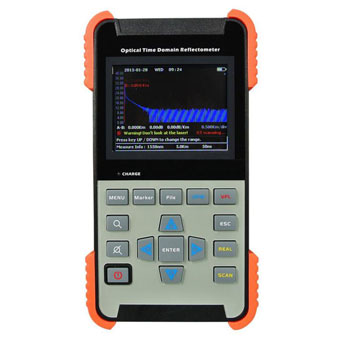Fiber optic network switches are a type of network device that use fiber optic technology to transmit data, and transfer data from one port to another through switching technology. Fiber optic network switches are typically used in large network environments, such as data centers, enterprise networks, and network service providers (ISPs).
How is the Performance of Fiber Optic Network Switches
The performance of fiber optic network switches is generally considered to be very good. It has the following advantages:
1. High bandwidth: Fiber optic network switches support high-bandwidth data transmission through fiber optic transmission technology, which can meet the needs of large data transmission.
2. High reliability: The stability of fiber optic lines is high, they are not sensitive to electromagnetic interference and electromagnetic wave noise, and therefore they have high reliability.
3. Long transmission distance: Fiber optic network switches can support long-distance data transmission and do not cause data attenuation with increasing distance.
4. Security: The technology of fiber optic network switches has high security because fiber optic lines are difficult to eavesdrop on and destroy.
5. Easy maintenance: Fiber optic network switches have the characteristics of easy maintenance, which can be maintained through software upgrades and hardware replacement.
Overall, fiber optic network switches are a high-performance, reliable, secure, and easy-to-maintain data transmission equipment that can provide efficient and secure data transmission support for large networks.
The Main Differences Between Fiber Optic Network Switches and Ordinary Switches
1. Transmission distance: Fiber optic network switches support long-distance data transmission, while ordinary switches have limited transmission distance.
2. Transmission rate: The transmission rate of fiber optic network switches is higher and can support large-capacity data transmission, while the transmission rate of ordinary switches is lower.
3. Signal loss: The signal loss of fiber optic network switches is small, and the signal quality is good, while the signal loss of ordinary switches is large, and the signal quality is poor.
4. Security: Fiber optic network switches are more secure than ordinary switches because fiber optic lines are not easily affected by electromagnetic interference and harassment, while ordinary switches are easily affected.
5. Price: The price of fiber optic network switches is higher than that of ordinary switches, but its long-term cost performance is higher.
Precautions for Using Fiber Optic Network Switches
1. Ensure the integrity of fiber optic lines: The disconnection of fiber optic lines may cause the entire network to collapse.
2. Pay attention to the access method of fiber optic lines: Improper access of fiber optic lines may cause data transmission anomalies.
3. Select a suitable switch: The selection of fiber optic network switches should consider factors such as network size and data transmission speed.
4. Regularly maintain and inspect equipment: Fiber optic network switches need to be regularly maintained and inspected to ensure their normal operation.
5. Record the history of equipment: Record the configuration and fault history of fiber optic network switches for easy maintenance and diagnosis in the future.

 EN
EN



